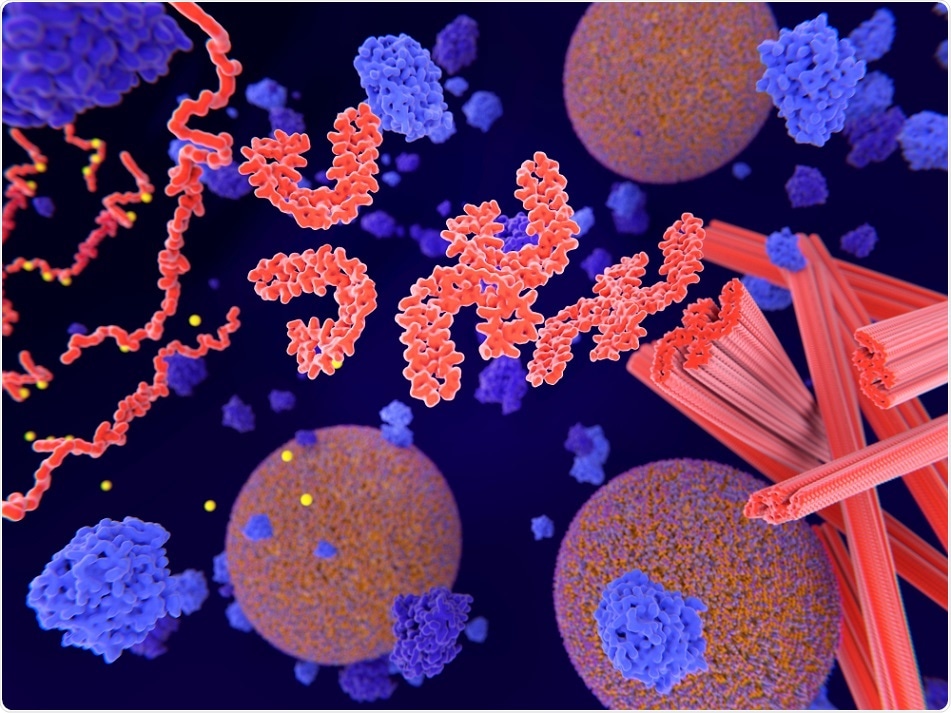People with sleep apnea may be more likely to have higher accumulations of an Alzheimer’s disease biomarker called tau, according to a study presented at the American Academy of Neurology's 71st Annual Meeting in Philadelphia, May 4 to 10, 2019.

Juan Gaertner | Shutterstock
The study found that people with apnea had more tau protein in an area of the brain involved in memory. Tau is the protein that accumulates and forms tangles in the brains of people with Alzheimer’s disease.
Obstructive sleep apnea is a condition where people stop breathing several times per hour while they are asleep. Studies have recently suggested a link between sleep apnea and an increased risk of dementia.
“Our study sought to investigate whether witnessed apneas during sleep may be linked to tau protein deposition in the brain,” says study author Diego Carvalho (Mayo Clinic in Rochester, Minn).
Carvalho and colleagues recruited 288 people aged 65 or older who did not have cognitive impairment and asked their bed partners whether they had witnessed any cases of stopped breathing as their partner slept.
Participants underwent positron emission tomography (PET) scans to check for tau tangles in an area of the brain in the temporal lobe called the entorhinal cortex. This brain region is more prone to accumulating tau than some other brain regions.
The team identified 43 participants (15% of the study cohort) whose bed partners reported witnessing them stopping breathing while they slept.
After controlling for other factors that could affect tau accumulation in the brain, the study revealed that the participants with sleep apnea had an average of 4.5% more tau in the entorhinal cortex than those who did not have apnea.
"Our research results raise the possibility that sleep apnea affects tau accumulation," says Carvalho.
However, he adds that it is also possible that higher tau accumulation in other regions may predispose a person to sleep apnea and that longer studies are now needed to solve this “chicken and egg problem."